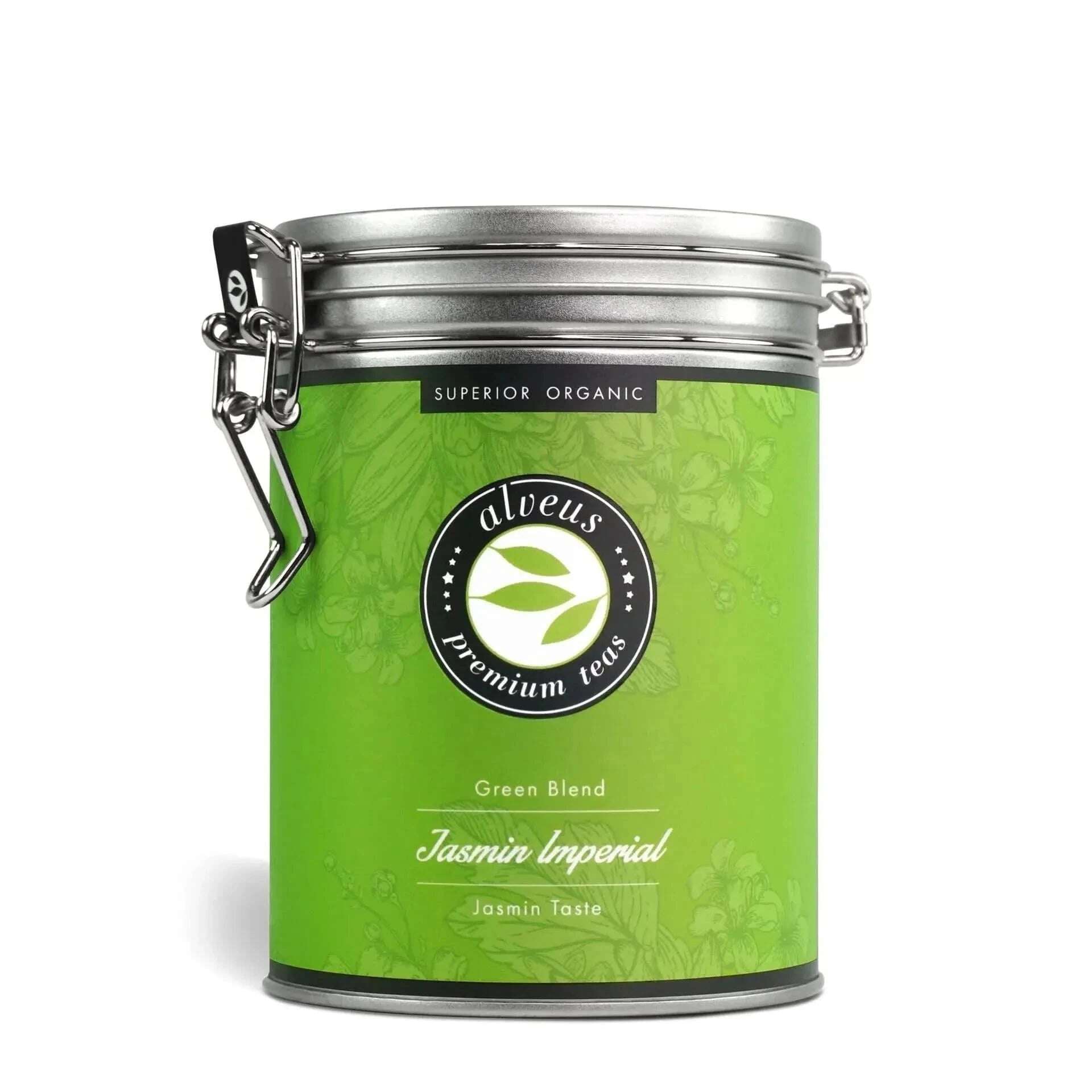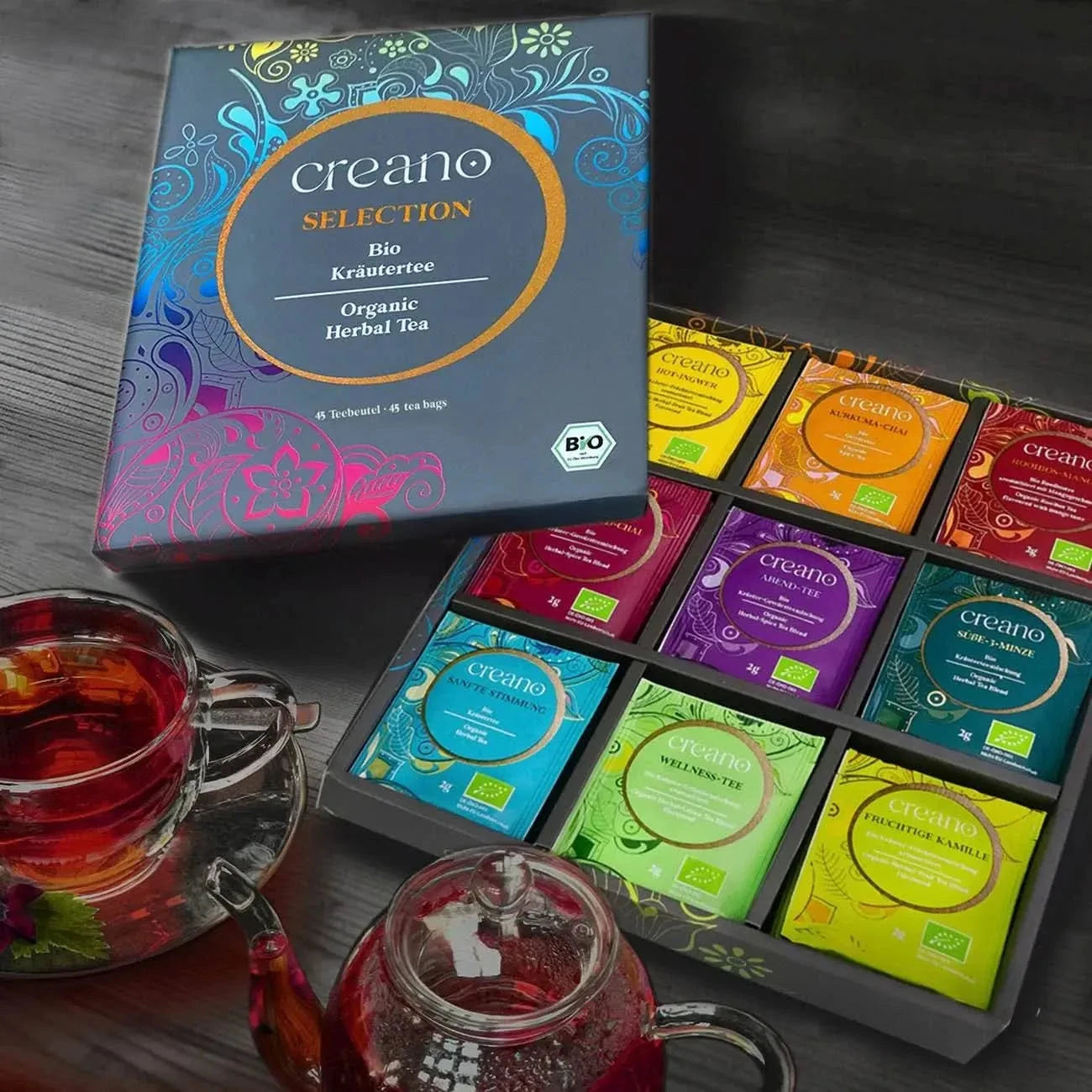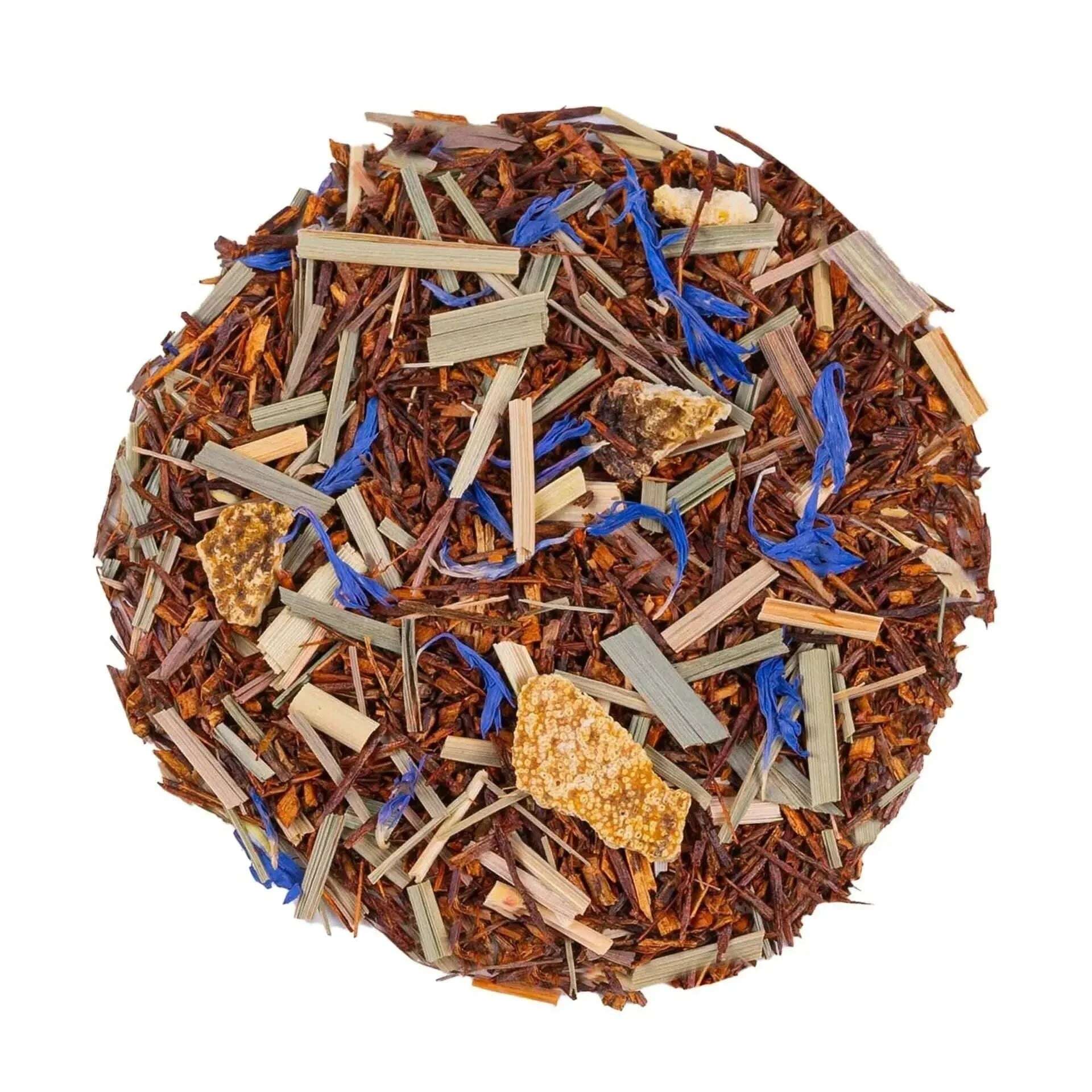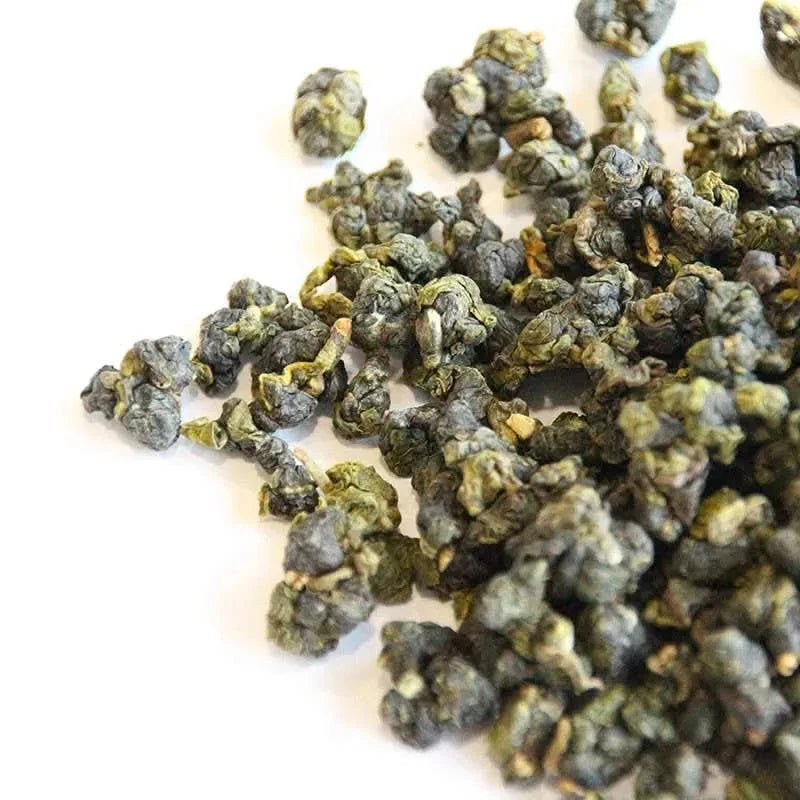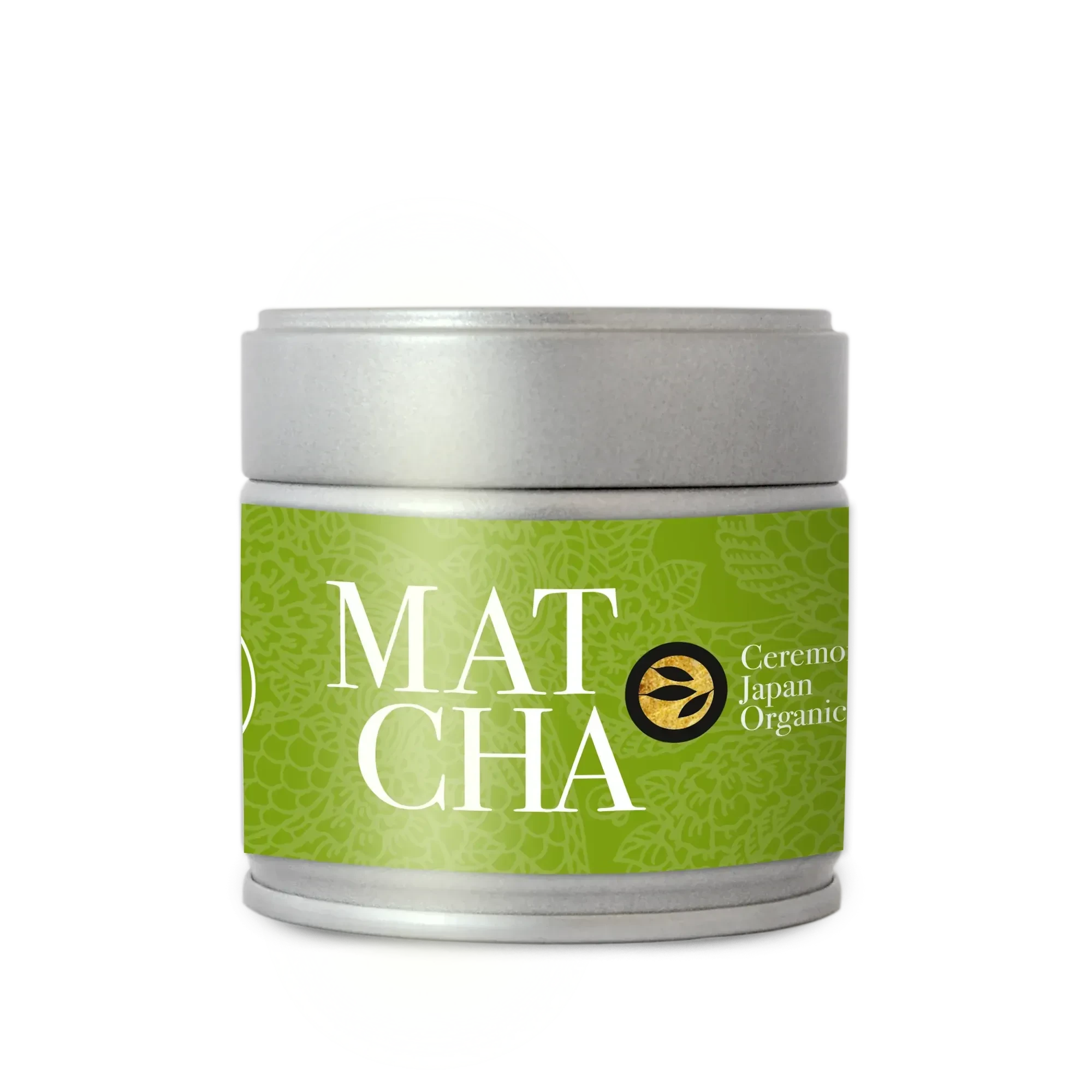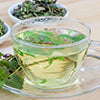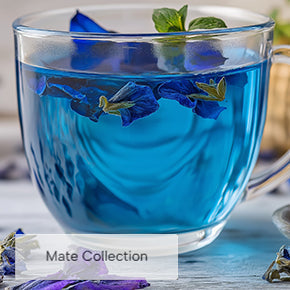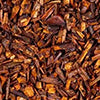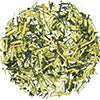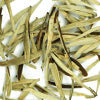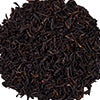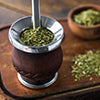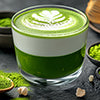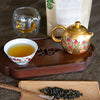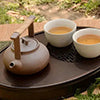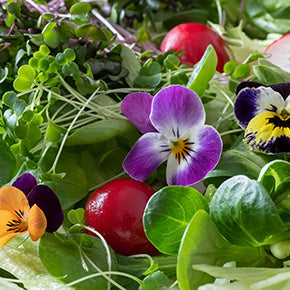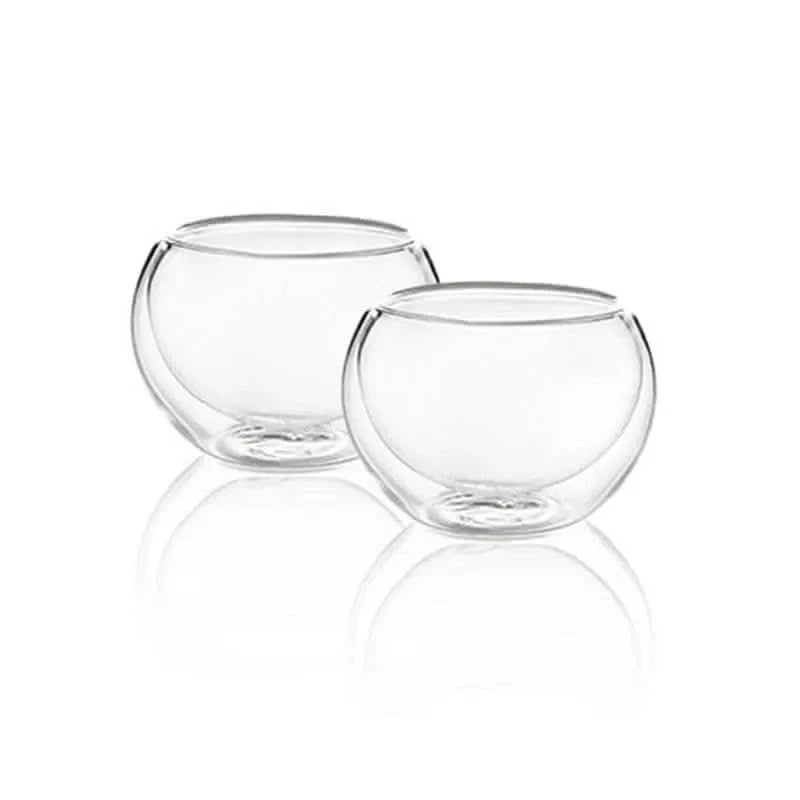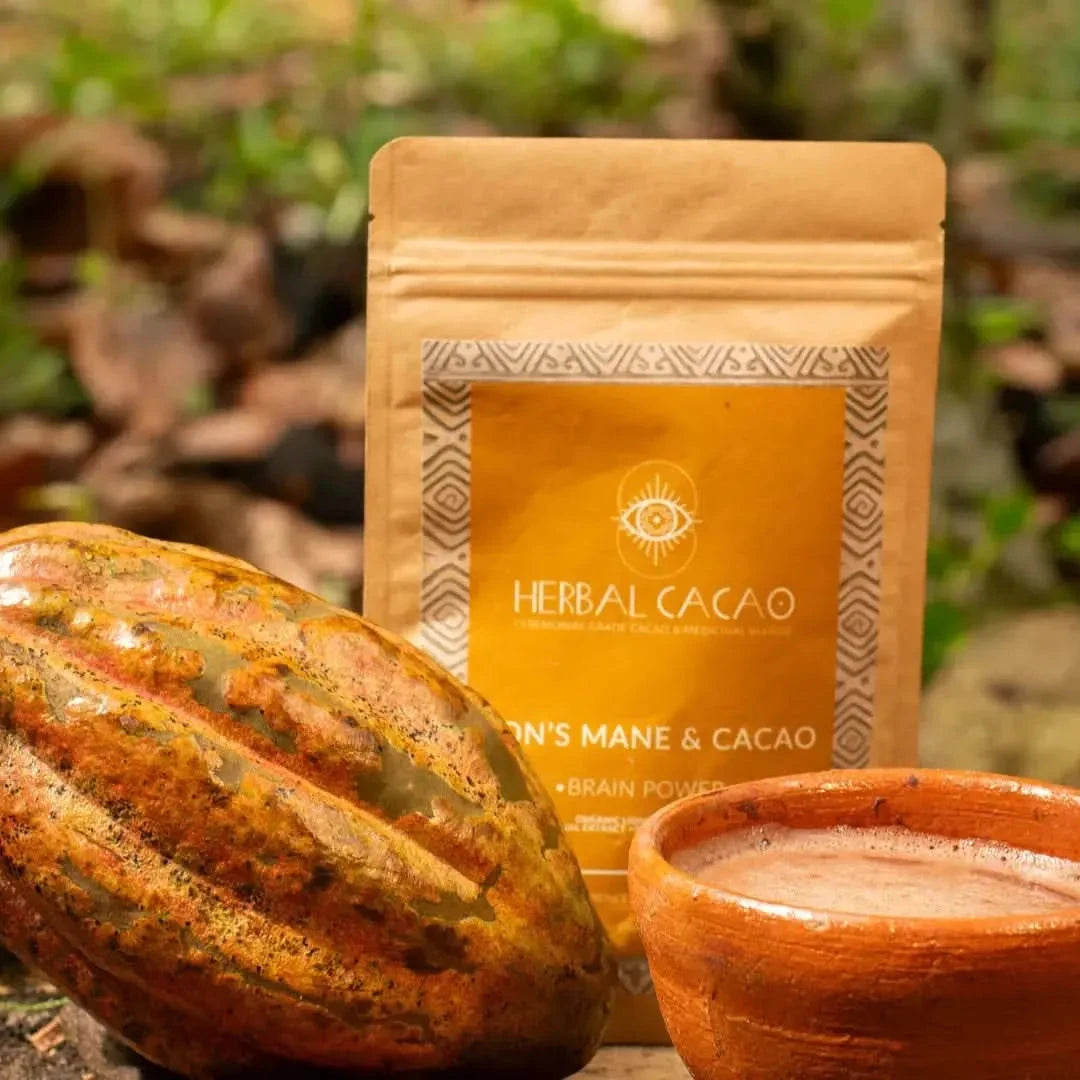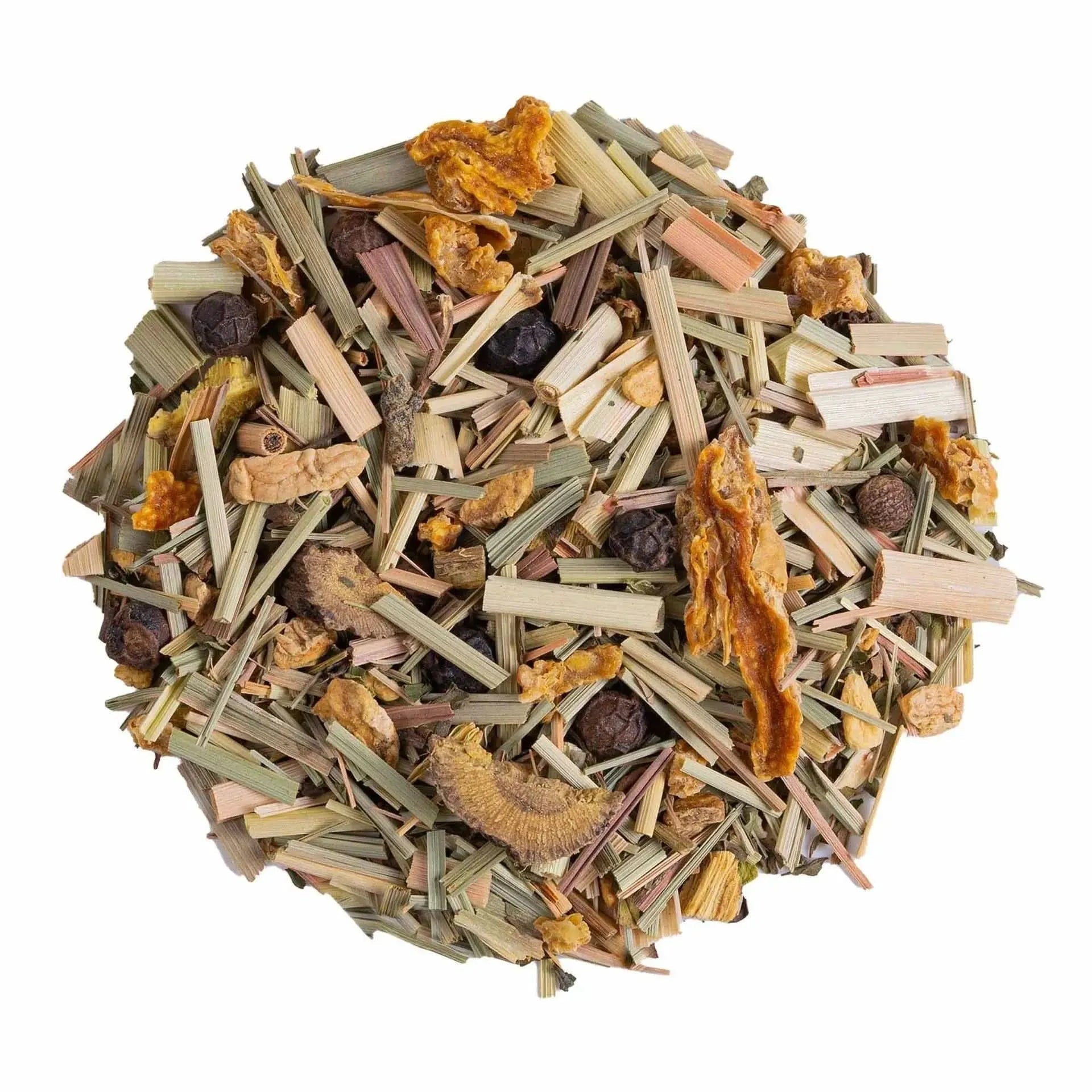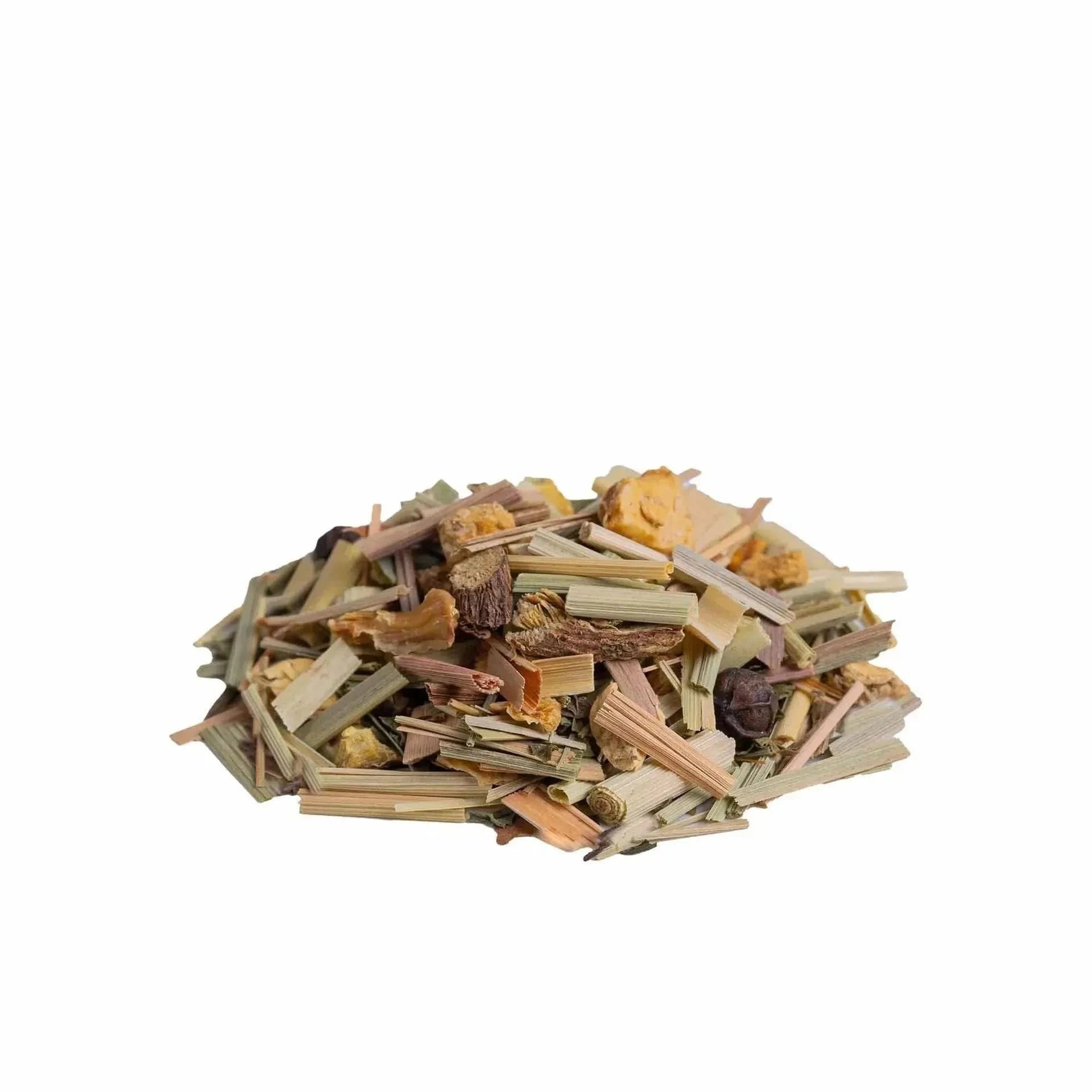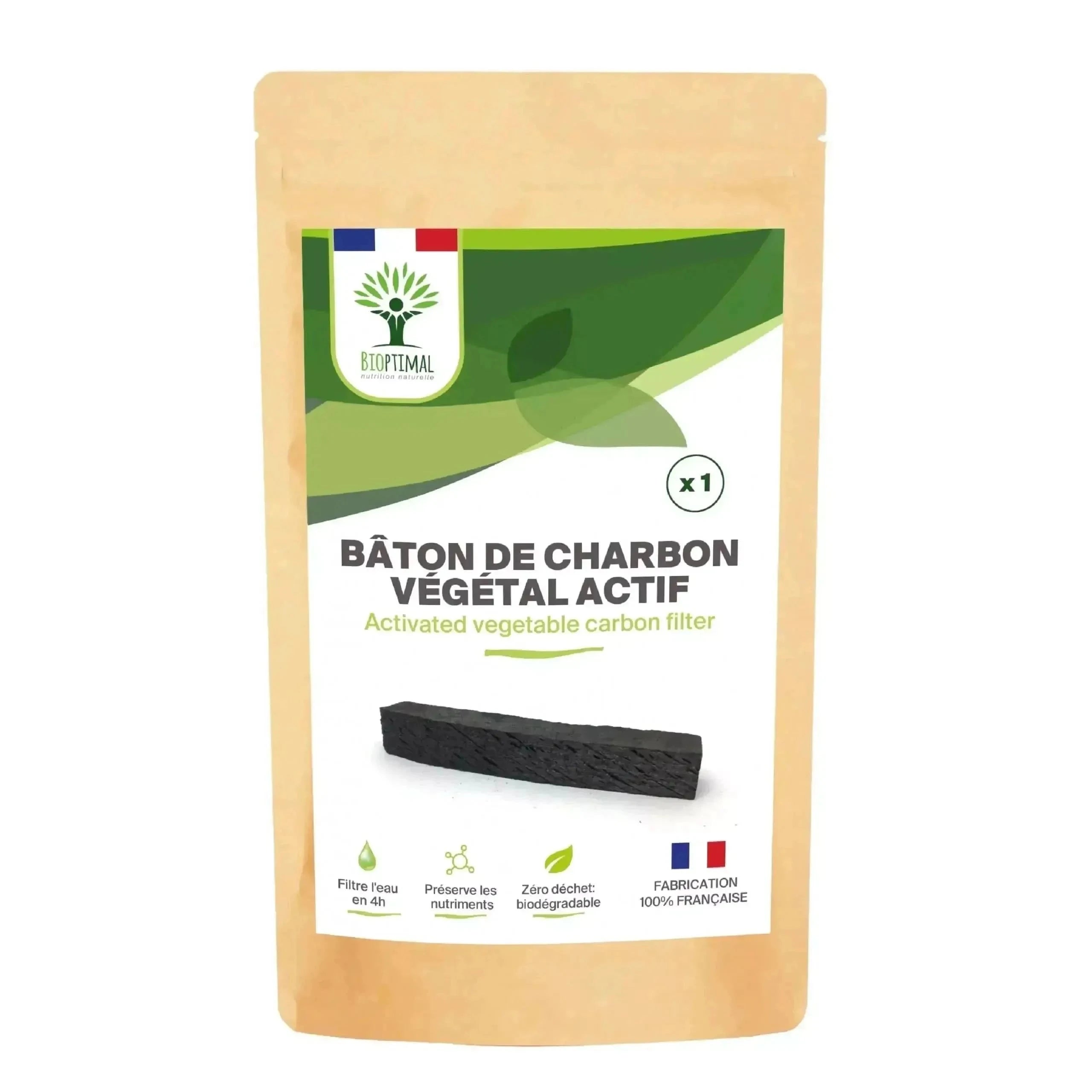The Traditional Way, with a Modern Touch
At infusion.organic, we're passionate about herbal traditions and natural wellness. We created this platform because we wanted something better: a marketplace where you can find real, high-quality products not just those with fancy labels or certifications, but genuinely pure and safe options.
Artisan Producers: Herbal Tea, Natural Supplements & Wellness Products
We work directly with artisan producers from all over the world. These are people who care deeply about what they grow and make, using methods passed down through generations. They take pride in their work and respect the purity of their ingredients. For us, it's not about chasing trends or marketing it's about making sure everything you get is free from pesticides, herbicides, and genetic modification.
Quality Beyond Labels: Pure Ingredients, No Pesticides, No GMO
Every product on our platform is carefully chosen. We look at how things are grown, how the soil is treated, and how the ingredients are processed. We want you to trust that what you're buying is truly good for you not just because of a label, but because of what's actually in it.
Premium Collection: Green Tea, Black Tea, Herbal Infusions & Adaptogens
Our marketplace is more than just a shop. It's a community of traditional growers and innovative creators who share our commitment to quality, everything comes to you fresh and direct, skipping the long supply chains that can lower quality.
Natural Wellness: Tea Accessories, Mushrooms, Honey & Cacao
When you choose infusion.organic, you're choosing products that honor both the wisdom of the past and the science of today. You're supporting independent producers who care about what they make. And you're getting natural products that deliver real wellness, just the way nature intended.




































